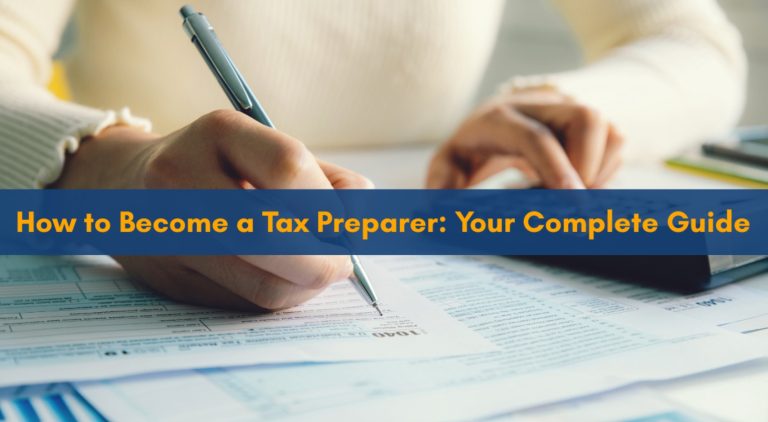
Foreign exchange is something that is exchanged individually from most financial instruments.
There are certain specific characteristics of fiat currencies that make them hard to replicate.
This article distinguishes these features and defines their relative effect on the forex trading the sector.
Currencies Come in Pairs
The equity market is distinct from most economies in that you don’t get to pick either to purchase or sell.
You see all chemical reactions concurrently. Whenever you buy and sell currencies in the forex sector, you are always buying and selling one currency. Coins are often traded in groups of two.
The explanation for this transformation is relatively easy. When you sell a stock, you are getting money in exchange.
In the foreign exchange market, the currency itself is exchanged. Therefore it is necessary to swap one kind of cash for another.
The amount of money you are dispensing as a donation is viewed as transactions, and the form of money you are obtaining in payment is considered to be transactions.
The bulk of inexperienced investors tend to realize that Forex markets require purchasing and selling currency simultaneously.
No Centralized Exchange
The global stock market’s dependence on a single regulating entity. This exchange is also called the nervous system.
It defines who trades and how they do it and offers a rational structure to avoid risk.
An exchange guarantees that merchants follow the terms of their deals and fulfill their obligations. They mitigate danger by mitigating mechanisms.
In a foreign exchange economy, there is no central location to sell. This is because an exchange sets limits on who can sell and how much they can trade in various markets.
The effects of not getting an exchange have unique ramifications. In the Forex market, one faces harmful counterparty threats.
They must ensure that they enter into trades with parties willing to fulfill their end of the deal. No warning body can minimize their risk.
No Commissions
Another important feature of the Forex market is the absence of brokers, which generates transparency among traders.
The foreign exchange business is overseen by market makers who have bid/ask quotations.
The disparity between their buy and sale price is referred to as the spread, and that is what Forex brokers receive.
There are no traders in the foreign exchange sector who charge set commissions.
The middle-men in the Forex industry get a payout in capital if they keep the volatile currency until they are willing to trade it.
Dual Role of Central Banks
Central banks are big competitors in the foreign exchange market. The institutions have huge sums of money backing them.
They have almost unlimited financial capital and will dramatically dent the competition if the need emerges. Secondly, they may use the underlying product to exploit price.
The Federal Reserve may purchase or sell bits of the U.S. currency in the foreign exchange sector. Alternatively, the Fed is the sole agency capable of producing vast U.S. dollars and thus dominating the economy.
Central banks solve all economic and political factors in the economy. On the one side, they are both consumers and producers in the industry. They have unfair control over the product in question.
Because central banks’ behavior will influence the economy and capital investors, markets closely track other market participants’ activities.
At times, an entity or private company may dominate the Central Bank in currency exchange markets.
George Soros is the most popular of all billionaires. He runs many companies and has taken down the “Bank of England,” but he is regarded as the guy who destroyed England’s Bank!
No Regulation
It is also understood that there is little control of the Forex industry. If one had access to useful information regarding stocks and used the information to earn a vast profit, few legal consequences would be.
Many insiders have been accused of exploiting secret knowledge from the stocks to make a huge amount of money within a few forex trading sessions.
When their names were revealed, the authorities did not take measures because there is no administrative body regulating Forex trade.
Owing to laws not being in effect, there are no barriers to trade. This represents the reality that currencies will often go up and down significantly in value on any given day.
The sector is unregulated as to the sum of capital a person may spend at one time.
Foreign exchange markets have the freedom for exchanges without limitations. However, business independence comes at the expense of greater competition and uncertainty.


